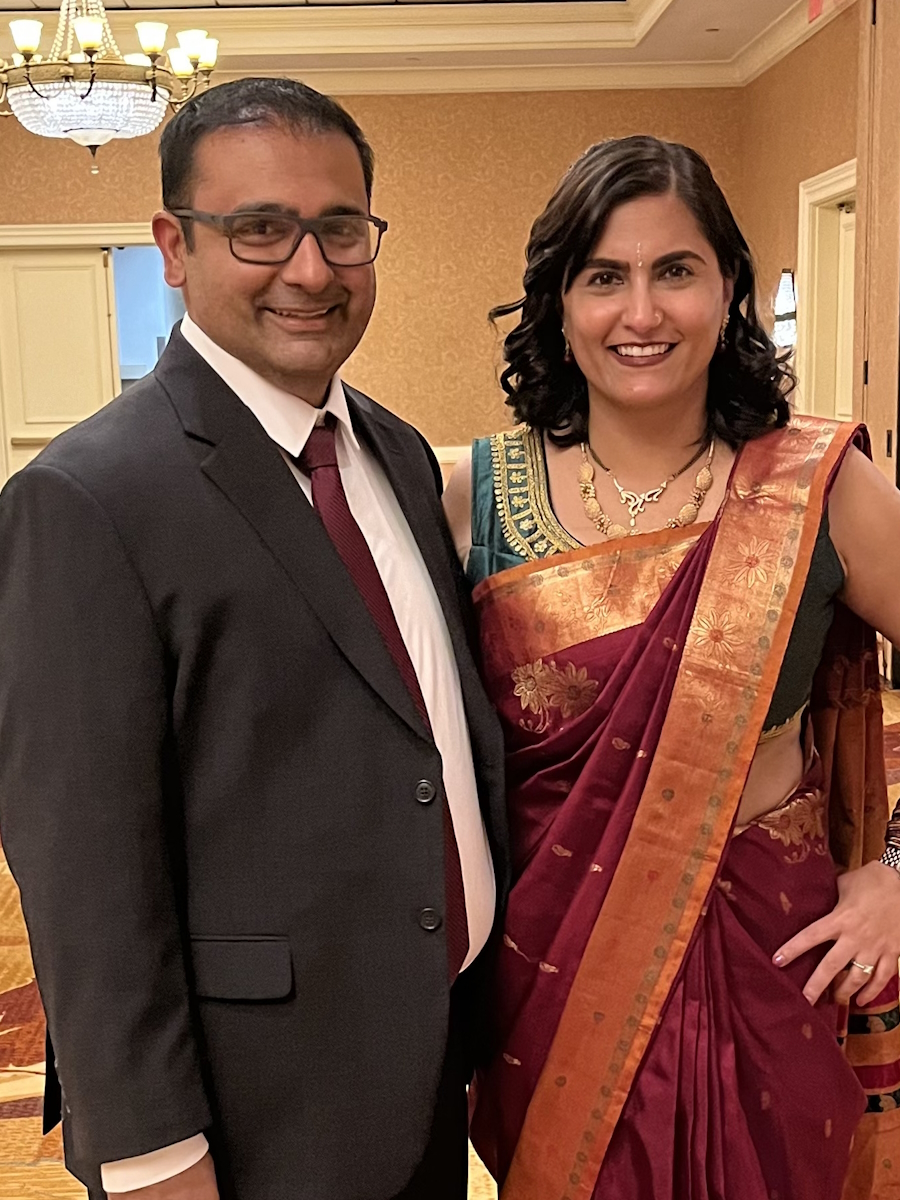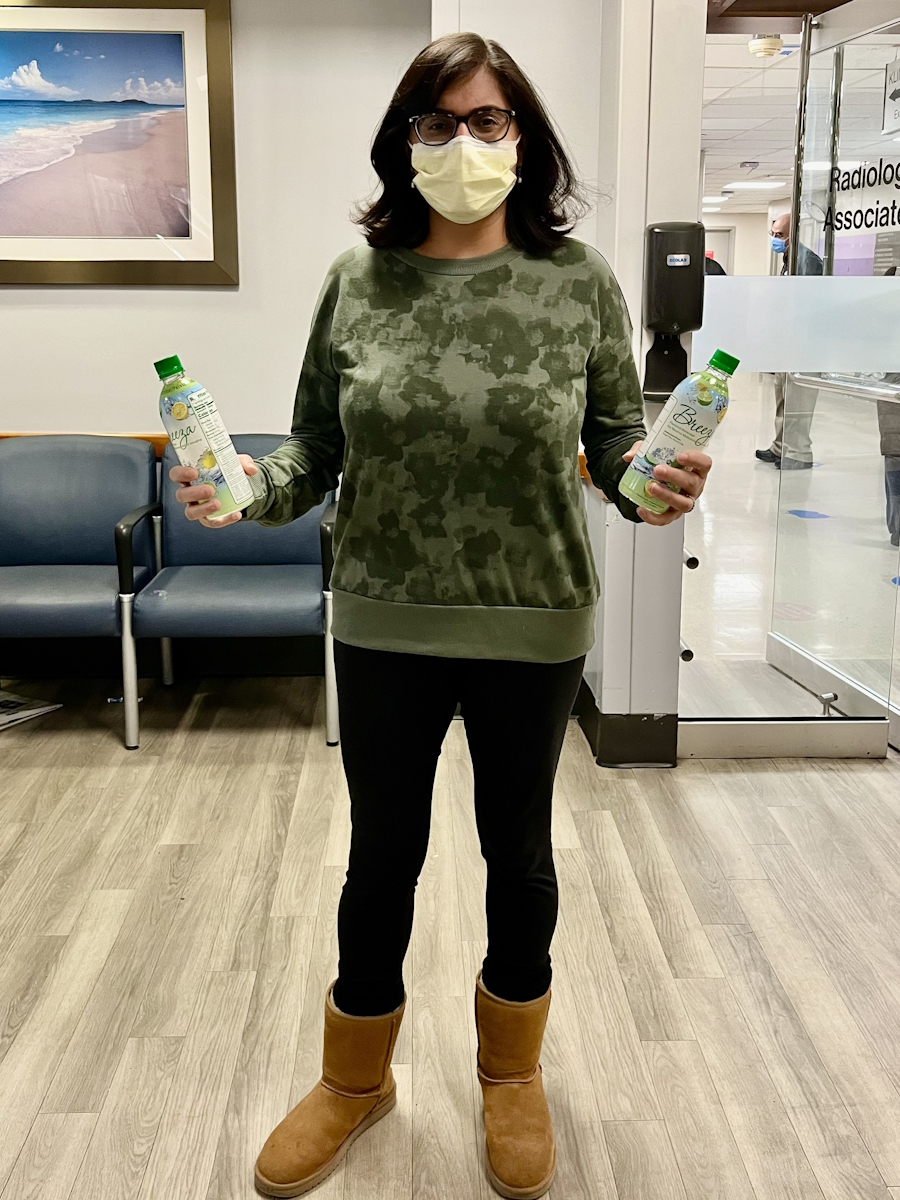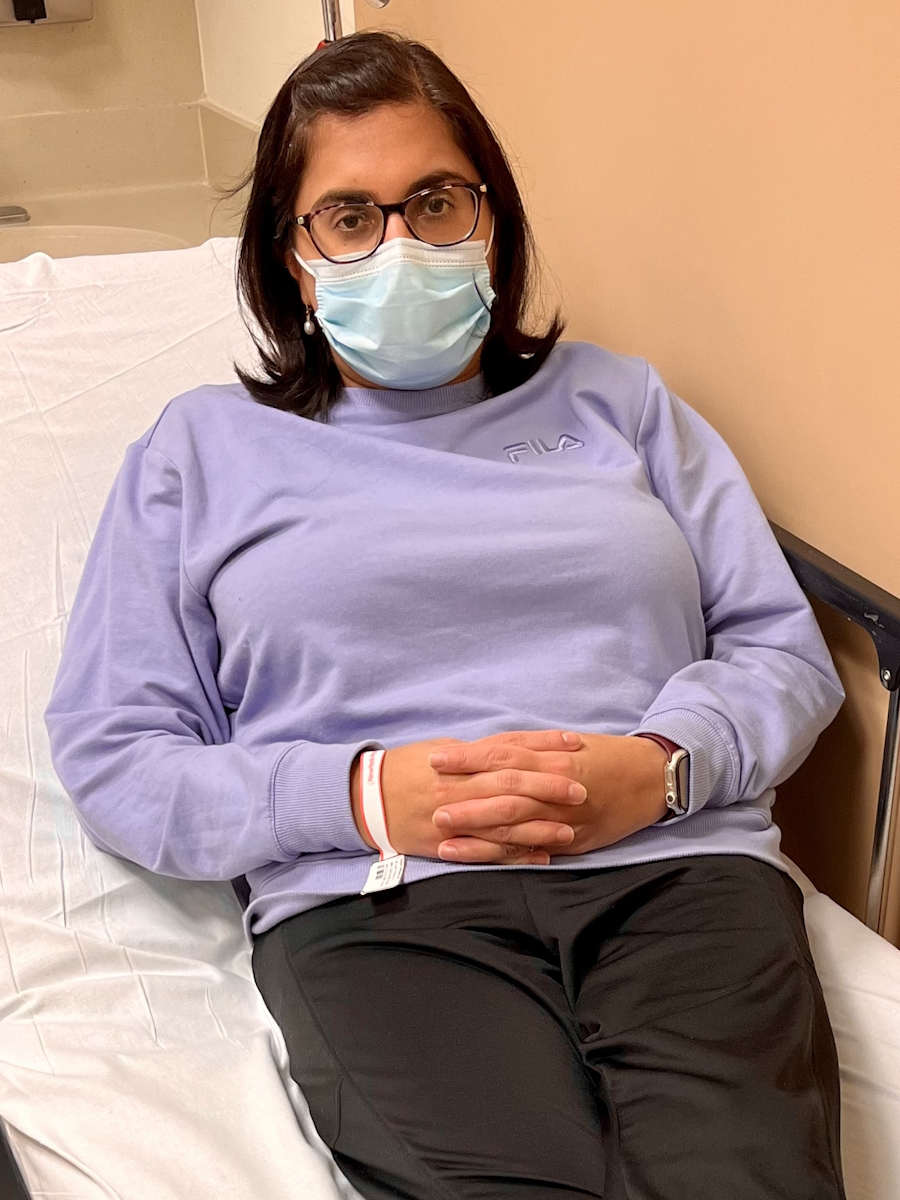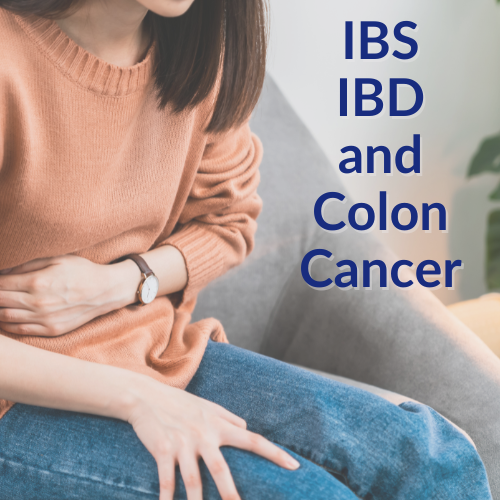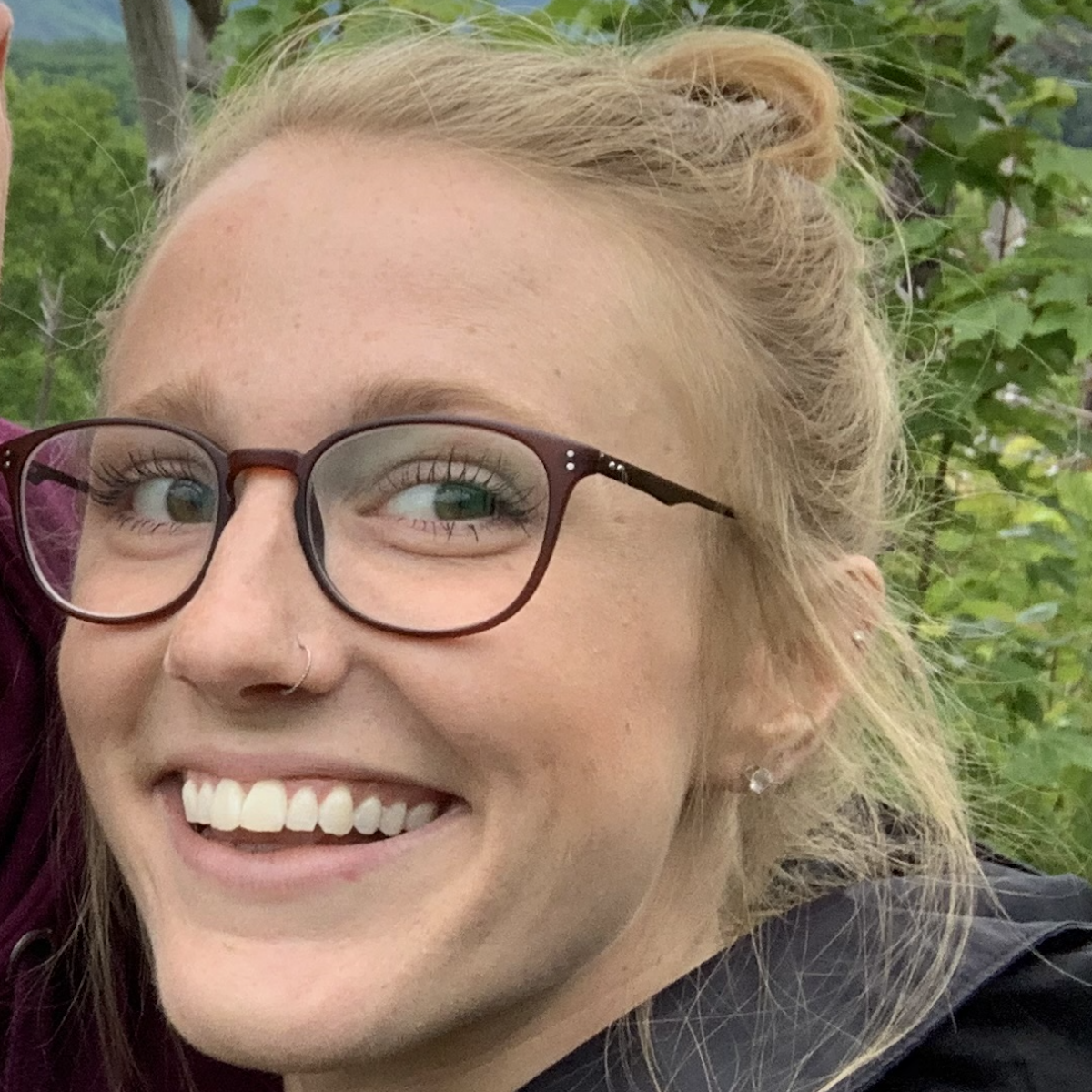Tina’s Crohn’s Disease (IBD) Story
Interviewed by: Taylor Scheib
Edited by: Katrina Villareal

Tina, a patient advocate and founder of Own Your Crohn’s and co-founder of the South Asian IBD Alliance (SAIA), shares her experience with Crohn’s disease. Diagnosed over 18 years ago, Tina initially showed symptoms of irritable bowel syndrome (IBS) and gastroesophageal reflux disease (GERD), as well as red eyes and joint pain in childhood. Although these signs pointed to inflammatory bowel disease (IBD), it wasn’t until she was 21, after pushing for a colonoscopy, that she received her first diagnosis: ulcerative colitis. Due to family history—her father passed away from colorectal cancer, which crohn’s disease can increase the risk of getting—she knew the seriousness of her condition, yet struggled to receive proper care. It took several doctors, misdiagnoses, and months of debilitating symptoms before a gastroenterologist accurately diagnosed her with Crohn’s disease.
Her early experience was fraught with complications, including periods of remission followed by flare-ups. A trip to Mexico worsened her condition, leading to a severe C. difficile infection. Despite her family’s fears of Western medicine based on cultural mistrust and her father’s negative experience with steroids, Tina ultimately needed biologic medications and surgery. The conflict between her medical needs and her family’s cultural beliefs complicated her decision-making process. She underwent an emergency total proctocolectomy in 2008, which saved her life but resulted in her living with an ostomy bag. Her family was initially resistant, fearing that cultural stigma around ostomies would affect her ability to marry or participate in religious rituals.
Despite the cultural and personal challenges, Tina credits the ostomy with giving her a renewed quality of life. She later attempted a J-pouch surgery, but it failed, leading to six years of complications and additional surgeries. Eventually, she had the J-pouch removed and came to terms with her ostomy. This experience fueled her advocacy work, which focuses on educating others about IBD, the cultural stigma surrounding ostomies, and the importance of making informed treatment decisions.
Tina also emphasized the need for cultural competence in healthcare. She noted that patients from the South Asian community, in particular, face significant barriers due to cultural stigmas, which often delay treatment and cause emotional distress. This inspired her to raise awareness, destigmatize IBD, and ensure that both patients and physicians are better informed about these conditions. Through her advocacy, Tina aims to empower patients and encourage culturally sensitive care within the medical community.
- Name: Tina A.
- Diagnosis:
- Crohn’s Disease
- Symptoms:
- Irritable bowel syndrome (IBS)
- Gastroesophageal reflux disease (GERD)
- Constipation
- Red eyes (allergic conjunctivitis)
- Joint pain
- Weight loss
- Frequent bowel movements with bleeding
- Treatments:
- Surgeries: Total proctocolectomy, permanent ileostomy, J-pouch surgery (later reversed due to complications), nearly two dozen additional surgeries related to Crohn’s complications
This interview has been edited for clarity and length. This is not medical advice. Please consult with your healthcare provider to make informed treatment decisions.
The views and opinions expressed in this interview do not necessarily reflect those of The Patient Story.

Inspired by Tina's story?
Share your story, too!
More Crohn’s and Colitis Stories
Kristen F., Crohn’s Disease (IBD)
Symptoms: Fatigue, abdominal cramps, blood in stool, loss of appetite, frequent and painful bathroom visits, perianal disease (open wound), mouth sores, joint pain
Treatments: Multiple medications, surgeries (temporary ostomy, total colectomy and permanent ostomy, Barbie butt surgery or proctectomy)
Jess G., Crohn’s Disease (IBD)
Symptoms: No appetite even when offered a favorite dessert, weight loss
Treatments: Steroids, blood transfusions, biologics, surgeries (colectomy, small bowel resection, colostomy)
Ariel D., Ulcerative Colitis (IBD)
Symptoms: Overactive bowel, heavy cramps in stomach area, abdominal pain
Treatment: Surgery (ileostomy)
Alli R., Ulcerative Colitis
Symptoms: Blood in stool, unexplained weight loss, stomach pain, constant defecation
Treatment: Surgery (ileostomy)
Sarah A., Ulcerative Colitis
Symptoms: Bowel irregularity, severe stomachaches, blood in stool
Treatments: Surgery (ostomy surgery), steroids, anti-inflammatory medication (mesalamine), biologic therapy
Dana D., Crohn’s Disease (IBD)
Symptoms: Abdominal pain, diarrhea, blood in stool
Treatments: Surgeries (colon resection, total proctocolectomy with end ileostomy,
abdominal perineal resection, myocutaneous flap), steroids, biologic therapy
